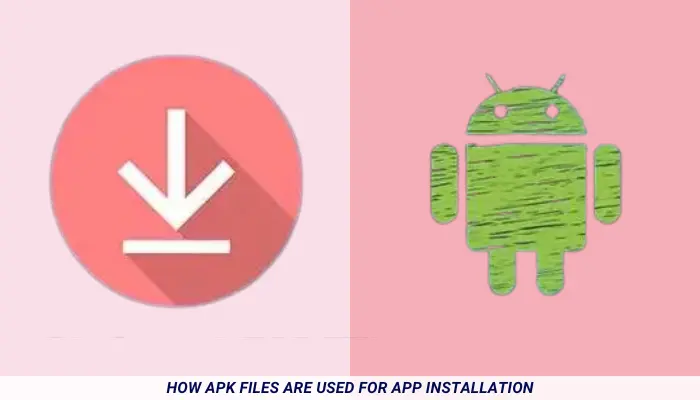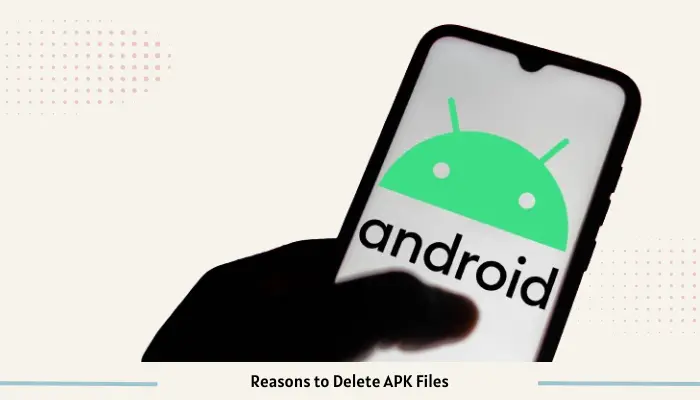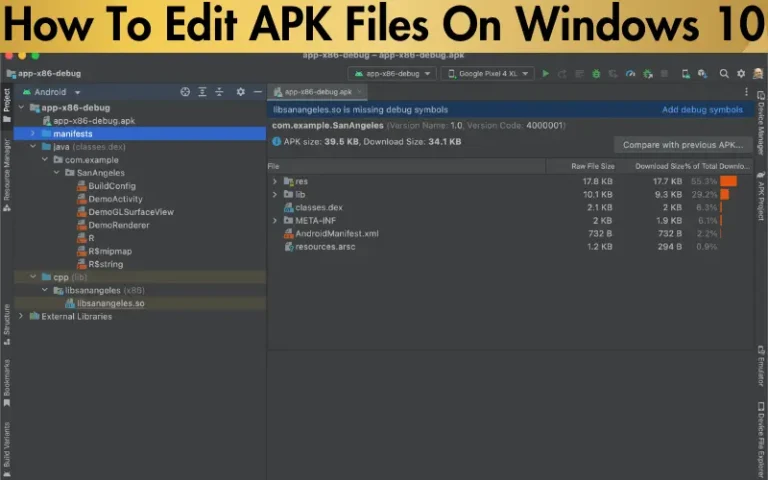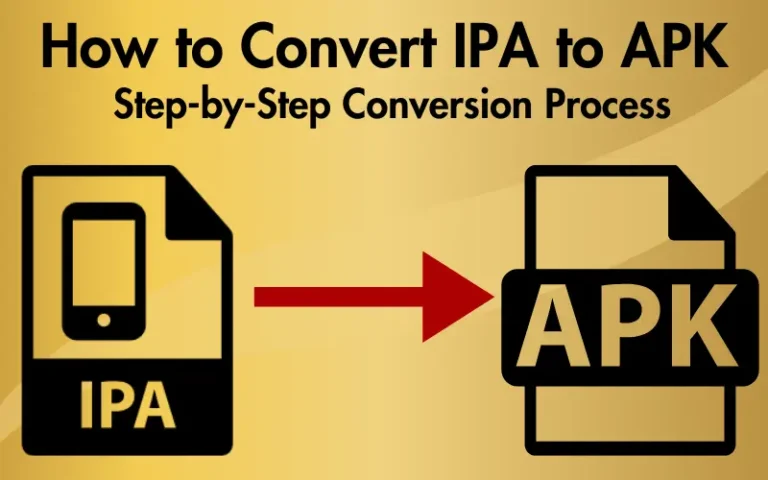Can I Delete APK Files? [A Comprehensive Guide]
![Can I Delete APK Files [A Comprehensive Guide]](https://apklambo.com/wp-content/uploads/2024/04/Can-I-Delete-APK-Files-A-Comprehensive-Guide.webp)
Stumbling upon a collection of APK files on your Android device can evoke curiosity and confusion. While not immediately operational, these files play a crucial role in your device’s ecosystem, especially before an app makes its home on your screen. Managing these APK files is not just about freeing up space; it’s about enhancing your device’s performance and security. Understanding and managing these files efficiently ensures your device remains optimized, responsive, and clutter-free.
Armed with expert insights and practical tips on can I delete APK files?, we promise to address your concerns and transform how you manage your device’s storage. From identifying which APK files are expendable to guiding you through the deletion process, we’ll ensure your digital space is optimized without sacrificing essential apps and functionalities. Let’s embark on this journey to a cleaner, faster device together, proving that managing APK files is possible and remarkably simple with the proper knowledge.
What Are APK Files?
Definition and Purpose in the Android Ecosystem
APK files, or Android Package Kit files, are essentially the backbone of app installation on Android devices. Think of an APK file as the packaging and instructions needed to install and run a mobile application or game on your Android device. These files contain all the code, resources, and metadata Android uses to install and manage the app.
Read our well Researched Latest Blog Posts
How APK Files Are Used for App Installation
When you download an app from the Google Play Store, the APK file is downloaded and executed to install that app on your device. It’s a seamless process that often goes unnoticed by the user. However, APK files also allow for the manual installation of apps through a process known as “sideloading.” This method is beneficial for installing apps not available on the Play Store or for installing earlier versions of an app. Despite its utility, sideloading should be cautiously approached due to potential security risks from unverified sources.

Understanding APK files and their function within the Android ecosystem is the first step toward managing your device’s storage and performance more effectively. These files, while essential for app installation, can accumulate and consume valuable space if not monitored and managed appropriately.
Can I Delete APK Files?
General Advice on Deleting APK Files After App Installation
Once an app is installed on your device, the APK file that facilitated its installation often needs to be revised. Deleting these files is perfectly safe, which can help reclaim storage space. However, if you like to keep installers for future use, especially for apps not available on the Google Play Store, backing up these APKs before deletion might be wise.
Benefits of Deleting Unused APK Files
Deleting unused APK files frees up valuable storage space and contributes to a cleaner, more organized device. It simplifies your storage, making navigating and managing other vital files and documents more accessible. Additionally, removing unused APK files can slightly boost your device’s performance by reducing the clutter your file manager and other system services have to deal with.
Reasons to Delete APK Files
There are many reasons for that you will ask that can I delete APK files? Here are some:
Freeing Up Storage Space
One of the most immediate benefits of deleting APK files is the storage space recovery. Depending on the app, these files can range from a few megabytes to several hundred. Over time, especially if you frequently download apps, these files can accumulate and occupy significant amounts of storage.
Enhancing Device Performance
While APK files don’t actively run in the background and thus don’t directly slow down your device, managing and removing unnecessary files can contribute to overall system efficiency. It’s part of good digital hygiene that keeps your device’s storage uncluttered, ensuring it remains speedy and responsive.
Security Considerations
Keeping APK files you no longer need can pose a security risk, especially if downloaded from unverified sources. These files could be targeted by malicious software or compromised. Regularly auditing and deleting APKs you no longer need can help mitigate such risks, keeping your device safer.

In conclusion, deleting APK files after installation is generally a good practice that can lead to a cleaner, faster, and safer Android experience. While there’s no harm in keeping them if you have a specific reason, the benefits of removing them are clear and can contribute significantly to your device’s overall health.
How to Delete APK Files
Step-by-Step Guide to Finding and Deleting APK Files
Deleting APK files is a straightforward process. Here’s how you can do it:
Using File Managers for Easier Deletion
Consider using third-party file manager apps like ES File Explorer or Files by Google for an even more straightforward process. These apps often provide more powerful tools for managing files, including easy sorting and bulk deletion features that help you quickly identify and remove unwanted APK files.
Precautions Before Deleting APK Files
Backing Up Important APKs
Before you start the deletion process, it’s wise to back up the APK files you might need. This is especially important for APKs from outside the Google Play Store, rare apps, or older versions of apps that you prefer over the newer ones. You can back up these files to a cloud or external storage service.
Knowing Which APKs to Keep
Deciding which APK files to keep can sometimes take work. Here’s a quick checklist to help you make informed decisions:
By following these steps and taking the necessary precautions, you can manage your APK files effectively, ensuring your Android device remains optimized, secure, and organized.
Alternatives to Deleting APK Files
Using Apps to Manage APK Files
Several apps on the Google Play Store can help those hesitant to delete APK files manage them more effectively. Apps like APK Analyzer provide insights into the specifics of each APK file, such as its size, version, and permissions required. This information can help you make more informed decisions about which APKs to keep or delete. Other apps offer archive functionalities, allowing you to compress and store APK files in a less space-consuming manner while keeping them accessible for future use.
Tips for Managing Storage Without Deleting APKs
If you’re looking for ways to manage your device’s storage without necessarily deleting APK files, here are some tips:
Conclusion on can I delete APK files
The journey through the world of APK files reveals their critical role in the Android ecosystem, from app installation to the potential impacts on device performance and security. While deleting unnecessary APK files is a straightforward strategy for optimizing your device, alternatives like using management apps or expanding your storage solutions offer flexibility in maintaining your digital environment.
We encourage you to take charge of your device’s health by regularly reviewing and managing your APK files. Whether through deletion, archiving, or utilizing external storage, keeping a clean and optimized device environment enhances not only your device’s performance but also your experience as a user. Remember, a well-organized digital space allows for a smoother, more enjoyable tech journey.






